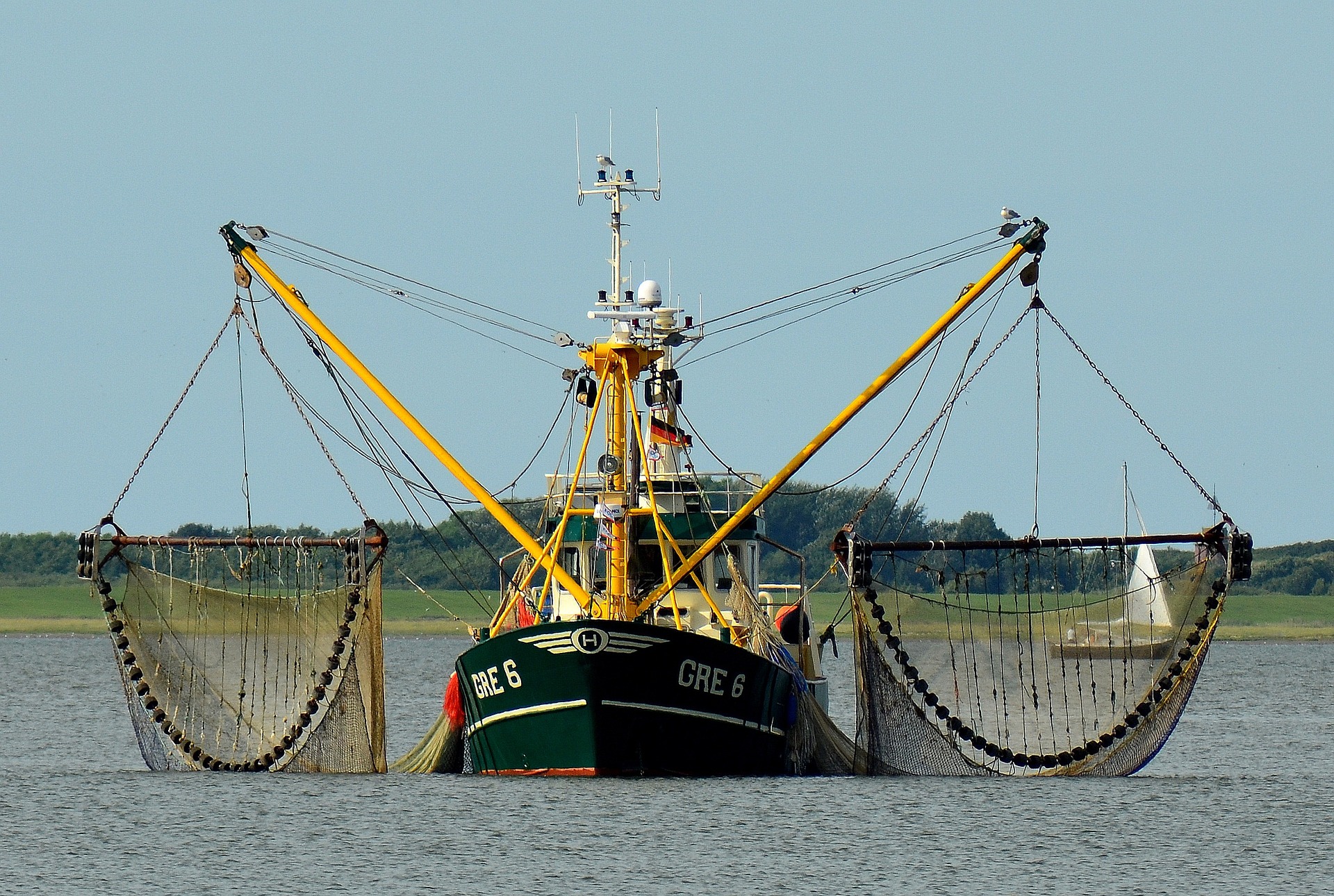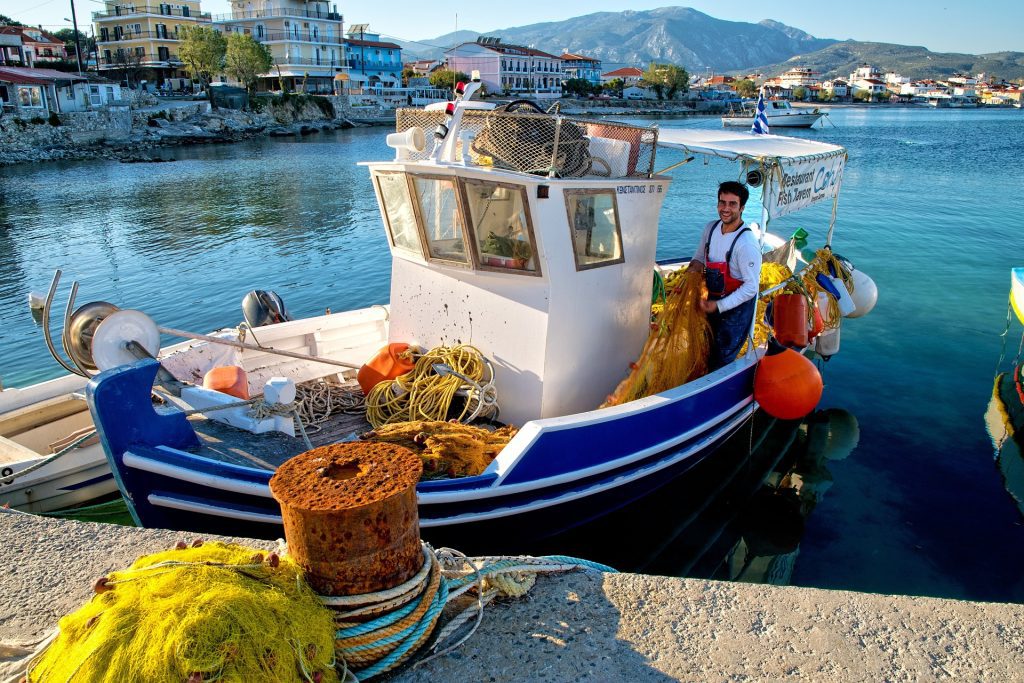
Transformation of the fishing industry
Transformation of the fishing industry
Certification helps to drive changes
Need for sustainability
Over the past decade, the global fishing industry has undergone a profound transformation in response to pressing environmental and welfare concerns. The nexus of overfishing, climate change, and biodiversity loss has not only imperiled marine ecosystems but has also jeopardized the livelihoods of millions of people dependent on the industry. This period witnessed a paradigm shift as stakeholders recognized the urgent need for sustainable practices, environmental stewardship, and enhanced occupational safety.
Overfishing
One of the primary challenges confronting the fishing industry was overfishing, driven by relentless demand and inadequate regulations. Fish stocks dwindled, ecosystems were disrupted, and the delicate balance of marine life was upset. Recognizing the gravity of the situation, international bodies, governments, and non-governmental organizations collaborated to establish and enforce stricter fishing quotas and regulations. These measures aimed to curb overfishing, allowing depleted fish populations to recover and promoting long-term sustainability.
Climate change
Simultaneously, climate change emerged as a potent threat, altering ocean temperatures, currents, and habitats. These changes forced the industry to adapt rapidly. Fishermen faced shifting migration patterns and unpredictable weather conditions, making their occupation more hazardous. To address this, there was a surge in research and development of climate-resilient fishing technologies, as well as the implementation of adaptive management strategies. The industry increasingly embraced innovations such as sustainable fishing gear, eco-friendly vessels, and real-time weather monitoring to enhance safety and efficiency.
No-fishing zones
Biodiversity loss became a central concern as the interconnectedness of species became apparent. The collapse of one population could trigger a cascade effect, impacting the entire ecosystem. Conservation measures were introduced to protect not only commercially valuable species but also the broader marine biodiversity. Marine protected areas and no-fishing zones were established, providing sanctuaries for marine life to thrive and ensuring the overall health of the oceans.
-article continues below image-

Welfare
Despite these positive shifts, the plight of those working in the fishing industry remained a pressing issue. Occupational safety took center stage as the inherent dangers of fishing were exacerbated by climate-related challenges. Accidents at sea, injuries, and loss of life became stark reminders of the human cost associated with the industry. To address this, comprehensive safety guidelines were developed, focusing on training, equipment standards, and emergency response protocols. Furthermore, initiatives promoting fair labor practices gained traction, advocating for the welfare of fishermen and their communities.
Need for certification and trust
Certification programs and eco-labeling emerged as crucial tools to distinguish sustainably sourced seafood products. Consumers, increasingly aware of the environmental impact of their choices, demanded transparency and accountability from the industry. Certification bodies, such as the Marine Stewardship Council (MSC) and the Aquaculture Stewardship Council (ASC), played pivotal roles in verifying and promoting responsible practices. These certifications not only assured consumers of the environmental sustainability of their choices but also provided economic incentives for fishermen to adopt more sustainable methods.
Responsible future
The past decade has witnessed a transformative journey for the global fishing industry, including aqua farming (aquaculture). Recognizing the urgent need for environmental and welfare reforms, stakeholders have collaborated to address overfishing, climate change, and biodiversity loss. The industry’s resilience and adaptability, coupled with the implementation of stringent regulations and certification programs, have paved the way for a more sustainable and responsible future. These programs and Control Union’s continued guidance and certification will be essential to ensure the well-being of both the oceans and the individuals who depend on them for their livelihoods.

How can we help you?
Can we help you with more specific information about our Testing, Inspection and/or Certification Services? Or maybe some advice in your language? Any other questions? Let us know and we will gladly help.